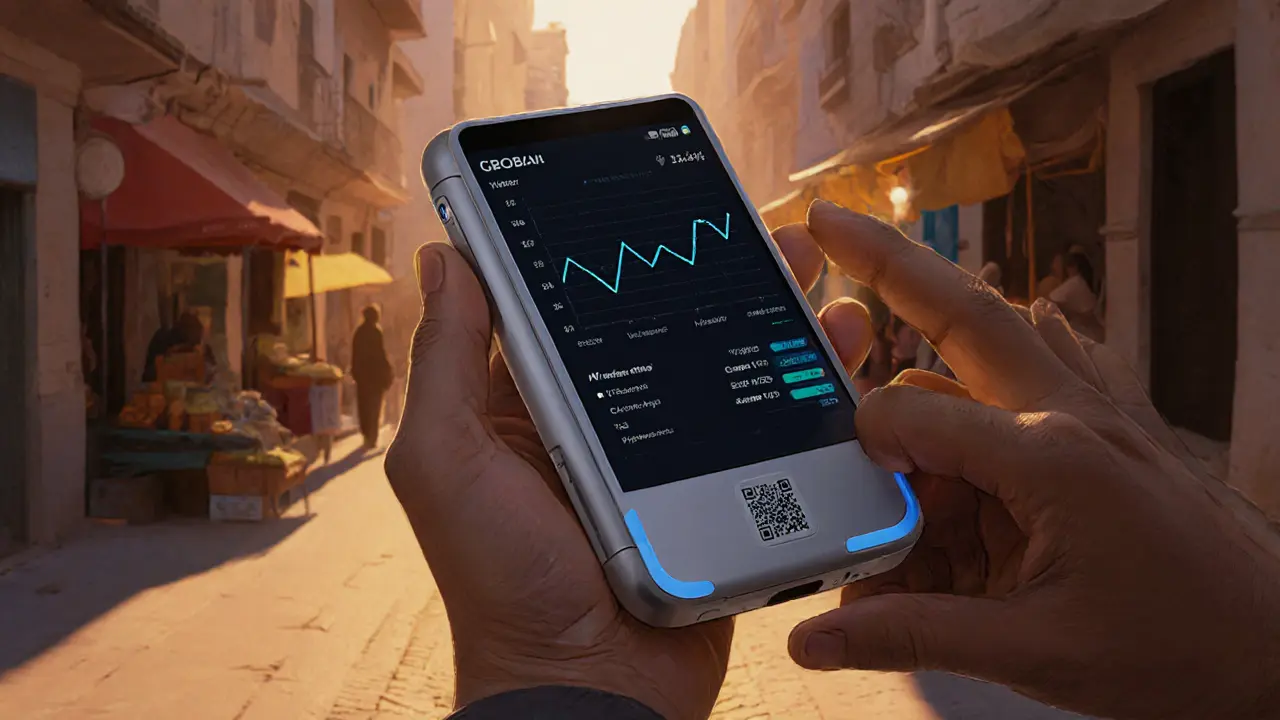Crypto Remittance in Morocco
When you hear Crypto Remittance in Morocco, the practice of using cryptocurrencies to move money across borders, sidestepping traditional banks and often slashing fees. Also known as digital remittance, it has become a handy tool for families and freelancers who need quick, affordable transfers. crypto remittance taps into a global network, letting Moroccans send cash to relatives in Europe or receive payments from abroad without waiting days for a bank to clear.
Key Technologies and Rules Shaping the Landscape
The backbone of any crypto remittance service is blockchain, a decentralized ledger that records transactions transparently and securely. Because the ledger is shared across many nodes, users avoid the middlemen that normally charge hefty fees. Most Moroccans rely on stablecoins, cryptocurrencies pegged to a stable asset like the US dollar, which keep the value steady during the transfer. This stability is crucial when you’re sending money to cover household bills or school fees—no one wants the amount to swing wildly overnight. Meanwhile, Moroccan crypto regulations, the legal framework governing digital assets and cross‑border transfers in Morocco are evolving. The government has warned against unlicensed exchanges but also acknowledges the potential for financial inclusion. Current rules require service providers to register with the Moroccan Capital Market Authority and implement Know‑Your‑Customer (KYC) checks. For users, this means you’ll likely need to verify your identity before you can move large sums, but the process remains far simpler than opening a foreign bank account.
These three pillars—blockchain, stablecoins, and regulation—interact in predictable ways. Blockchain enables the trust‑less network, stablecoins provide price stability, and regulations shape how providers build compliant wallets and exchanges. Together, they form a ecosystem where a worker in Casablanca can convert earnings into a USDT stablecoin, tap a mobile wallet, and send the funds to a sibling in Madrid with just a few clicks. The transaction settles in minutes, and the recipient can cash out at a local partner or keep the crypto for future use.
Below you’ll find a curated set of articles that dive deeper into each component: from how to pick a secure wallet for Moroccan users, to the tax implications of receiving crypto abroad, and step‑by‑step guides on using popular stablecoins for everyday remittance. Whether you’re new to digital money or looking to fine‑tune your cross‑border strategy, the collection offers practical insights you can apply right away.

How Moroccans Use Crypto for International Payments Amid the Ban
Explore how Moroccans bypass a strict crypto ban to send international payments, the rise of underground Bitcoin networks, and the central bank's plans for a regulated CBDC.
